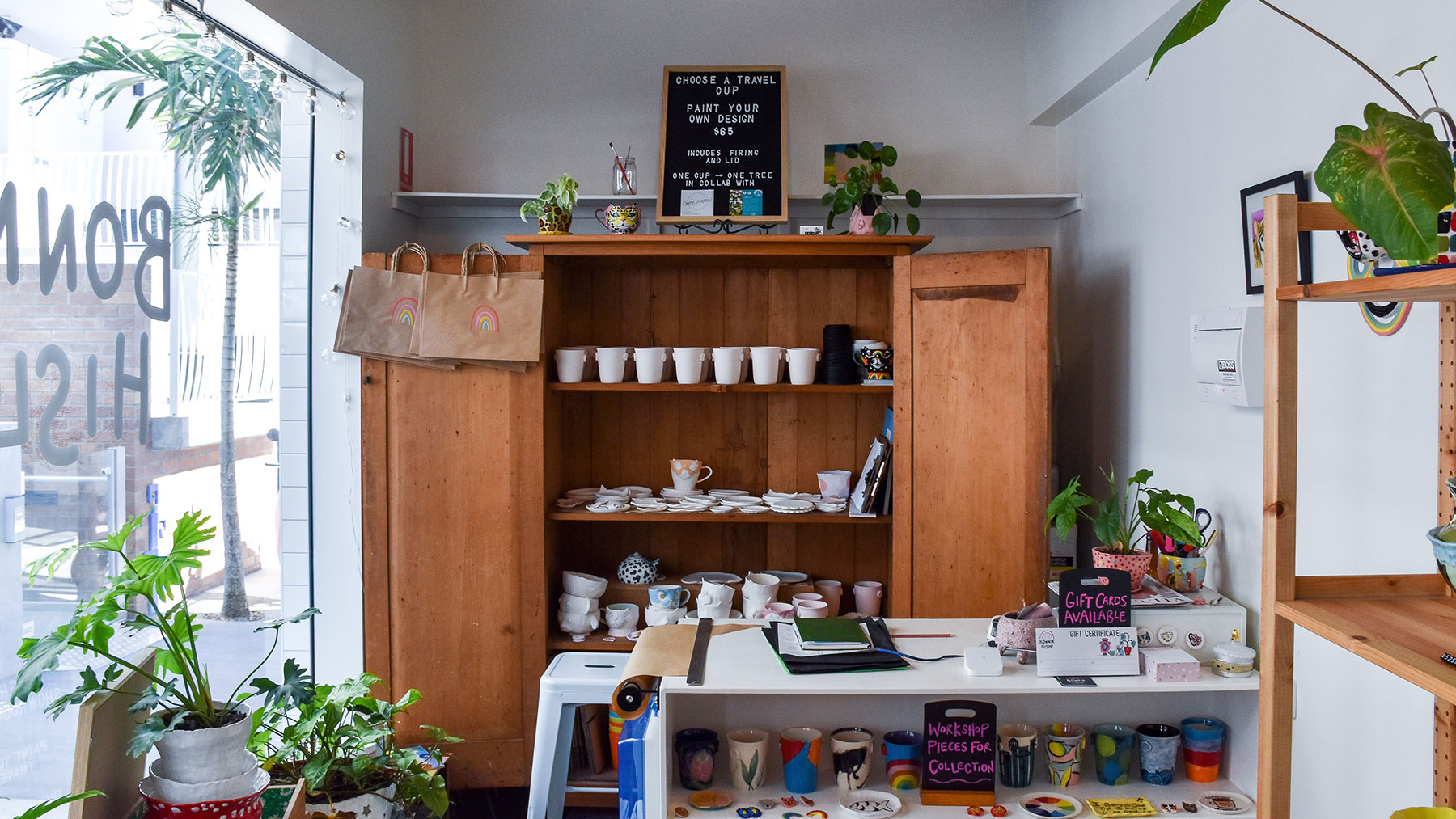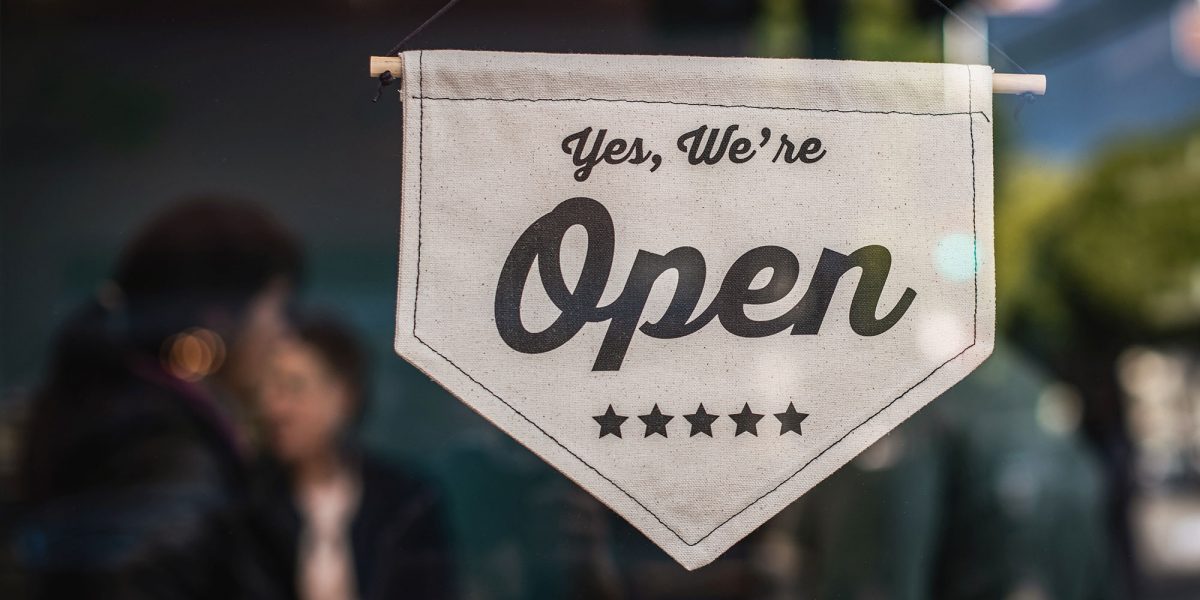With the imminent and timely launch of Facebook Shops, we discuss what this means for the new normal of online customer behaviour and aiding the recovery of small businesses.
This article first appeared in Econsultancy.
A timely and culturally relevant launch.
A fifth of small businesses in the UK are ‘at risk of collapse within a month’, according to a recent article in The Guardian. In this climate, Facebook Shops’ launch is crucial when, in the UK alone, 25 million people prefer to shop through their mobile phone but only 18% of SMEs have optimised their services for mobile according to Lloyds Banking Group.
Small businesses have faced a number of barriers to digital adoption, including a lack of confidence at leadership level and clarity about the benefits of investing in digital. Facebook Shops eliminates nearly all of the barriers by doing the hard work for businesses, alleviating the fear factor.
:no_upscale()/cdn.vox-cdn.com/uploads/chorus_asset/file/19986561/svLvVtUg.jpg)
What is Facebook Shop and what does it do?
Facebook Shops allows businesses to easily create an online store on Facebook and Instagram for free, to sell directly to customers, via mobile.
At a time when most businesses are looking for a direct-to-consumer option, Shops is a welcome solution. Not only is it more affordable than investing in a fully-fledged ecommerce website, it gives customers the ability to transact within the app, shortening the path to conversion.
A frictionless customer experience.
Now customers can click on an ad, try on products using AI technology and purchase, all without leaving Facebook platforms. Payment information can be saved and applied automatically, resulting in higher conversion rates and fewer abandoned purchases.

Will people adopt this new way of shopping?
Anything that makes online shopping smarter and quicker is likely to be well received, particularly when customers already have an affinity with, and can have easier access to, brands they trust e.g. the butcher down the road.
How could this change the nature of small businesses – a few predictions.
- Shops will enhance the ability for small businesses to tell their story– the platform provides tools for businesses to upload images and films telling ‘their story’; such as why the business started, potentially reaching a mass audience through paid-for spend.
- It will build on the community spirit forged during the Coronavirus crisis – the global pandemic has resulted in a sharp rise in collectivism, with people pulling together in the interest of their communities. Recent ONS datareveals that around 57% said they would be supported by other local community members if they needed help during the pandemic. Facebook Shops has placed itself at the centre of this goodwill and will be a part of the recovery plan for local communities.
- From local provider to global trader– the little shop on the corner now has a potential global network to tap into. Access to new customers, cultures and collaborators will impact the way they stock and sell their products.
- Easy to discover shops – small businesses can build their profile and attract new audiences without worrying so much about their stores’ physical location.
- Inspiration will spark in-the-moment purchases– 81% of smartphone purchases are spontaneous, according to Klarna. So giving customers a streamlined picture to purchase shopping experience (from product tags or influencer inspiration to shopping cart), is a vital step forward for SMEs.
Will larger businesses join up and take part?
Large retail chains could make a fair argument that their position within local communities has equally been hit hard by the downturn. They may also consider Shops for their individual store locations, mirroring the characteristics of a small business. No doubt even the bigger businesses will find it hard to resist new hunting territories. After all, in troubled times, every sale counts.
Who will Facebook Shops compete with?
Shops’ goal is to support a myriad of small businesses including restaurants, clothing brands, food shops and artisans. Brands like Etsy and Deliveroo are undoubtedly taking notice and will move to defend their share of the market very quickly.
What does this all mean for Customer Marketing?
- Off the shelf loyalty programme – according to Facebook, the company is “looking at ways to help small businesses create, manage and surface a loyalty programme on Facebook Shops”, including testing ways of enabling businesses to connect their existing loyalty programme to their Facebook account.
- Creating new customer behaviours – as Shops paves the way for a greater level of intimacy between brands and customers, people will start to expect more from bigger businesses. Things like allowing queries to be resolved directly, bringing chat and check-out together faster, or simply tagging friends with a Shops’ handle possibly leading to instant discounts.
- Bridging the omnichannel relationship – Shops gives small businesses the advantage of speed over larger retailers’ legacy technology. They can use real-time data to enhance the customer experience online and in-store; monitor data such as peak purchasing times and most purchased products and use that information to improve their on and offline stores.
Data compliance and storage
Since being slammed with a $5bn fine for data privacy issues, Facebook has made considerable efforts to help people manage their data settings in a bid to improve its reputation. However, ownership of customer order data remains unclear.
- Who will own and store Facebook Shops data? Facebook say they will act responsibly, owning the data that comes from a customer browsing, clicking and searching and only passing the transactional purchase data to the retailer. What isn’t known is if customers will be opting in to give retailers permission to own the data or just to fulfil potential orders.
- What are the implications for brands wanting to own that data to build customer relationships? Amongst all possibilities, immensely better ad targeting seems inevitable. It’s easy to imagine that a highly attractive and valuable new stream of insight will be available to business, with the prospect of them gaining access to purchase behavior.
Do people have trust issues with Facebook, and will that affect Facebook Shops?
Whilst for many, Facebook has a long way to go to make amends for bad behavior in the past, others continue to find value in it, as their continued usage shows. And any doubts about using Facebook Shops are likely to be masked by brands and outweighed by people’s desire for a better way to buy.
In summary, what’s the value of Facebook Shops for brands?
Facebook Shops is way out in front when it comes to offering inspiration, personalisation, purchasing efficiency and fulfilling ever increasing customer expectations.
And what’s in it for Facebook? As well as a vehicle to collate more marketing data to sell on, Facebook’s user friendly new platform (and captive audience) gives them a way to improve their reputation by supporting local businesses in a time of crisis.



